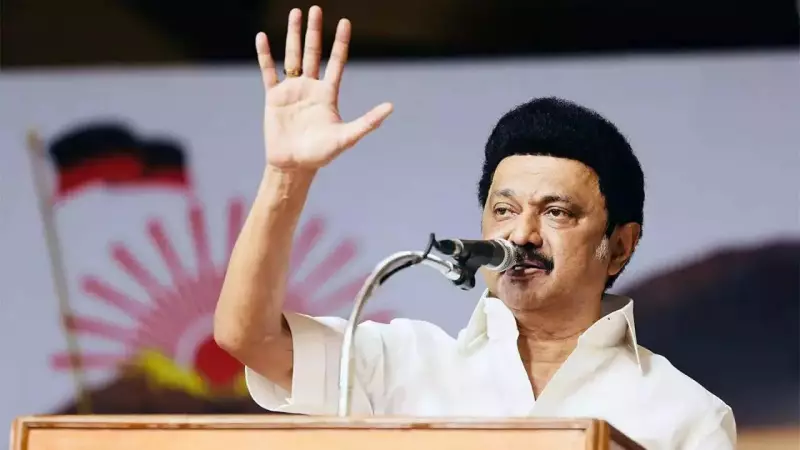
In a dramatic political confrontation, Tamil Nadu's ruling DMK party has escalated its battle with the Election Commission by moving the Supreme Court against the ongoing voter list revision in the state. The development comes as Chief Minister MK Stalin launched a scathing attack, accusing the election body of being part of a larger conspiracy against his government.
Legal Battle Intensifies
The DMK's legal offensive represents a significant escalation in the ongoing tussle between the Tamil Nadu government and the Election Commission. The party has filed a formal petition with the Supreme Court challenging the methodology and timing of the voter roll revision exercise currently underway across the state.
Stalin's Explosive Allegations
Chief Minister MK Stalin didn't mince words when addressing the controversy, directly accusing the Election Commission of participating in what he termed a "conspiracy" against the democratically elected government of Tamil Nadu. The CM's strong remarks have added fuel to an already heated political situation.
Timing and Context
The controversy emerges at a crucial juncture in Tamil Nadu's political landscape, with the voter list revision process being viewed by the ruling party as potentially disruptive and politically motivated. The DMK's move to approach the Supreme Court indicates the seriousness with which the party views the situation.
Constitutional Clash
This development sets the stage for a significant constitutional confrontation between state powers and central election authorities. The Supreme Court's intervention is now being sought to resolve what the DMK claims are irregularities in the voter list revision process that could potentially affect electoral outcomes in the state.
Political Ramifications
The ongoing conflict has wider implications for Tamil Nadu's political stability and the relationship between state governments and constitutional bodies like the Election Commission. The outcome of this legal battle could set important precedents for future state-center interactions in electoral matters.
As the legal proceedings unfold in the Supreme Court, all political eyes remain fixed on what could become a landmark case in Indian electoral history, potentially redefining the boundaries between state autonomy and central election authorities.






